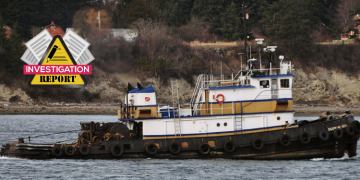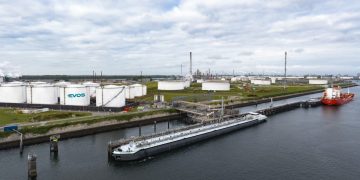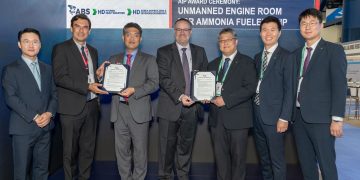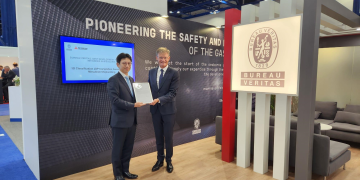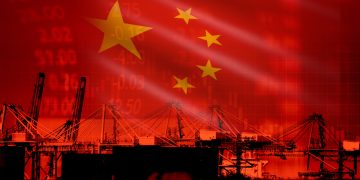Implementing ILO MLC 2006 with a separate stand-alone manual
- Shipping industry is facing a regulatory storm, including among other things the implementation of ILO MLC 2006 by August 20th of 2013 globally. There are many peculiarities related with ILO MLC, the most spicy one is with the deadline due. In case your flag state has ratified MLC by August 20th 2012 the deadline is by August the 20th 2013. In case your flag ratifies MLC after that date, say for example on 1st of February of 2013 then the deadline is by the 1st of February 2014, i.e. 12 months later. If your flag does NOT ratify the MLC you are not responsible for implementation. Is this correct ? Well, not exactly ... Actually in line with the "NO more favorable treatment" principle of the MLC vessel will be subject to inspection by PSC worldwide and especially to countries that they have ratified MLC already (e.g. Netherlands, Australia etc.). To implement MLC you will need the DMLC part I that will be issued by the Flag state accompanied by DMLC part II that will be developed by the "Shipowner" i.e. most probably the DOC holder for the vessel, accompanied by a set of procedures, forms, posters and checklists...
Read more







